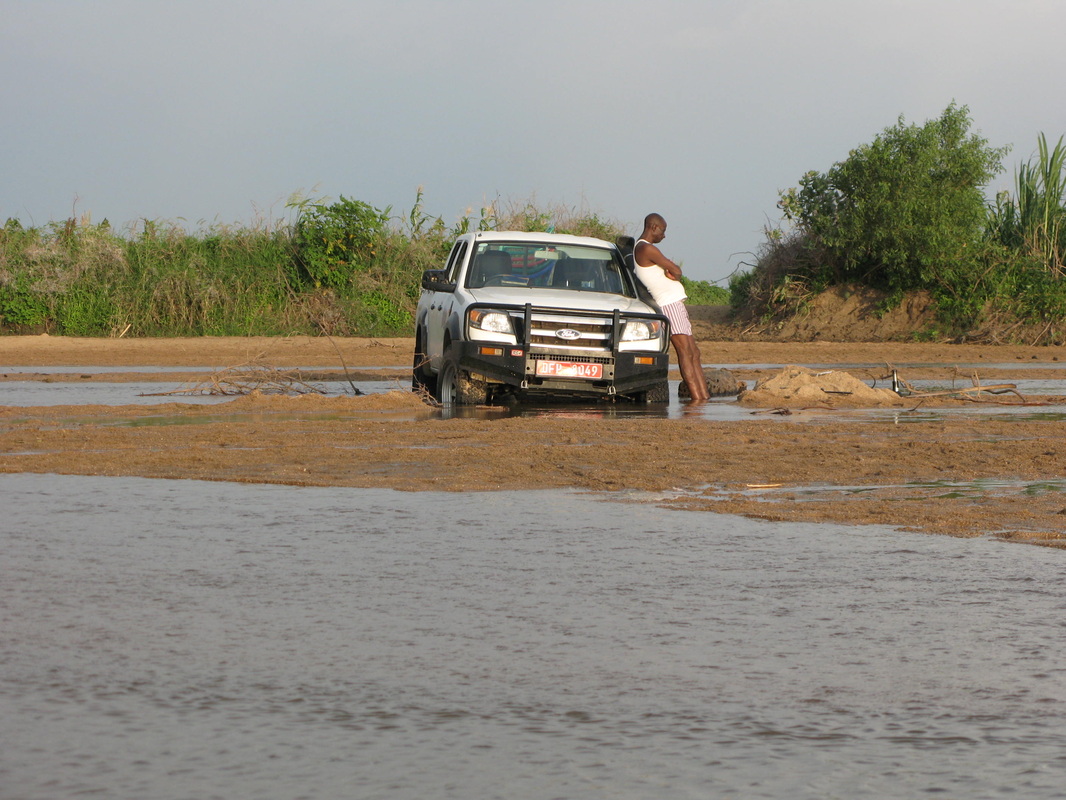Expat Etiquette is incredibly appropriate to me, full of both legitimately good advice and tongue-in-cheek words of wisdom, and absolutely hysterical truths about being a westerner abroad in a poor country. These truths, however, might not be funny to most of the general public.
Some of my favorites insights [my reactions in brackets]:
This books is a humble guide to all those who not only want to travel far away and sometimes dangerous lands- for the best and worst of reasons- but also want to do so with a modicum of style. Style defines as “appearing to know what you’re doing even when you have no idea what’s happening around you.” [SO true]
Interacting with the Home Front
1. Embrace technology, but do so with [incredible] patience. Learn to love SIM cards, and switch between them strategically [as all Africans do], depending on competing long-distance calling rates. Teach your parents how to use Skype [thanks, M and D!].
2. Develop an adaptable but consistent response to the question “What do you do?” This should be appropriately self-mocking, and should preempt the assumption that you are, in some way or another, trying to “save the world.” Best to knock down pedestals early and often, before you are expected to actually somehow live up to that kind of nonsense. [Besides, even if you arrive with the actual promising good-intentioned naïve objective of saving the world, you will lose any semblance of that goal after precisely 2.5 weeks in country. If you stay for less than that amount of time, you are a tourist and can maintain bliss]
3. Get used to telling friends that you won’t be able to make their wedding/reunion/birthday/baptism-of-their-first-child. [Public apologies to: LPK, MMM, RKF, MC, JMM, MBH, SM]
The Only Piece of Travel Advice that Really Matters
1. Sh*t will invariably go wrong. Relax. Do your best to develop a zen-like state of detachment.
On the last piece of advice (which is, in fact, the only piece of travel advice that matters):
I’ve noticed that the longer I stay here, the easier it is to be detached and relaxed. But this adjustment in expectations has both advantages and disadvantages. For the first month or so, highs are very high and lows are very low. Meeting new people and having funny conversations make me joyous, but when things go wrong (which invariably happens), I am crushed like a kid hearing Christmas is cancelled. However, after zen sets in and my expectations drop, I tend not to fully realize the meaningfulness of incredible human experiences here.
Daily challenges dissolve into a way of life, but so does the very uniqueness that makes this place different from home.
That is, until I Skype with my mom and she tells me this story is, in fact, a very cool experience and I should write it down. More on that later.
Hat tip: Mom and Dad.




 RSS Feed
RSS Feed